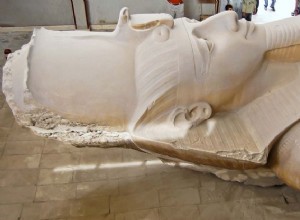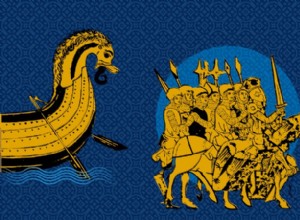Memphis , city and capital of ancient Egypt and an important center throughout much of Egyptian history. Memphis is south of the Nil Deltas on the west bank of the river and about 15 miles south of modern Cairo . Closely associated with the site of the ancient city are the cemete




